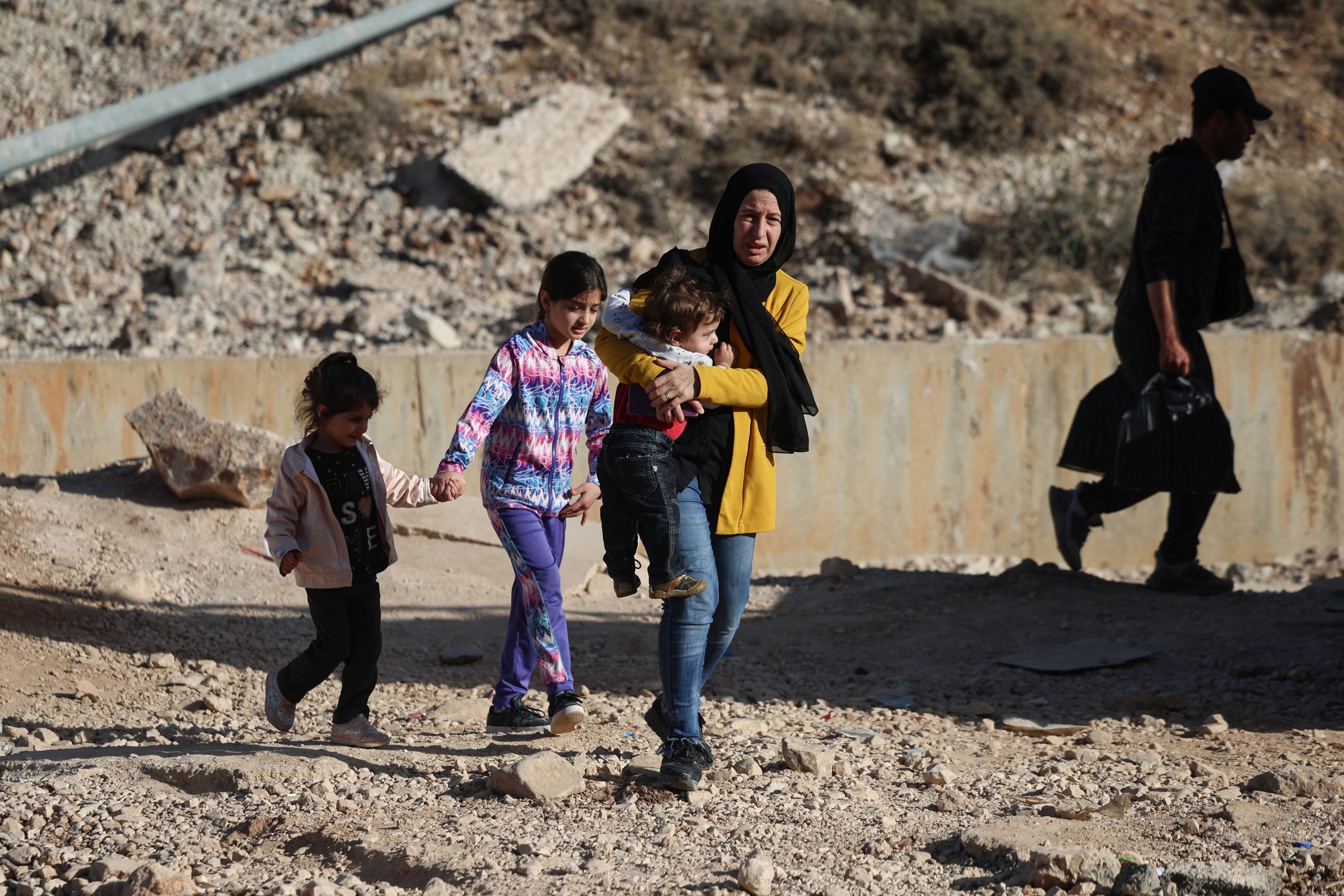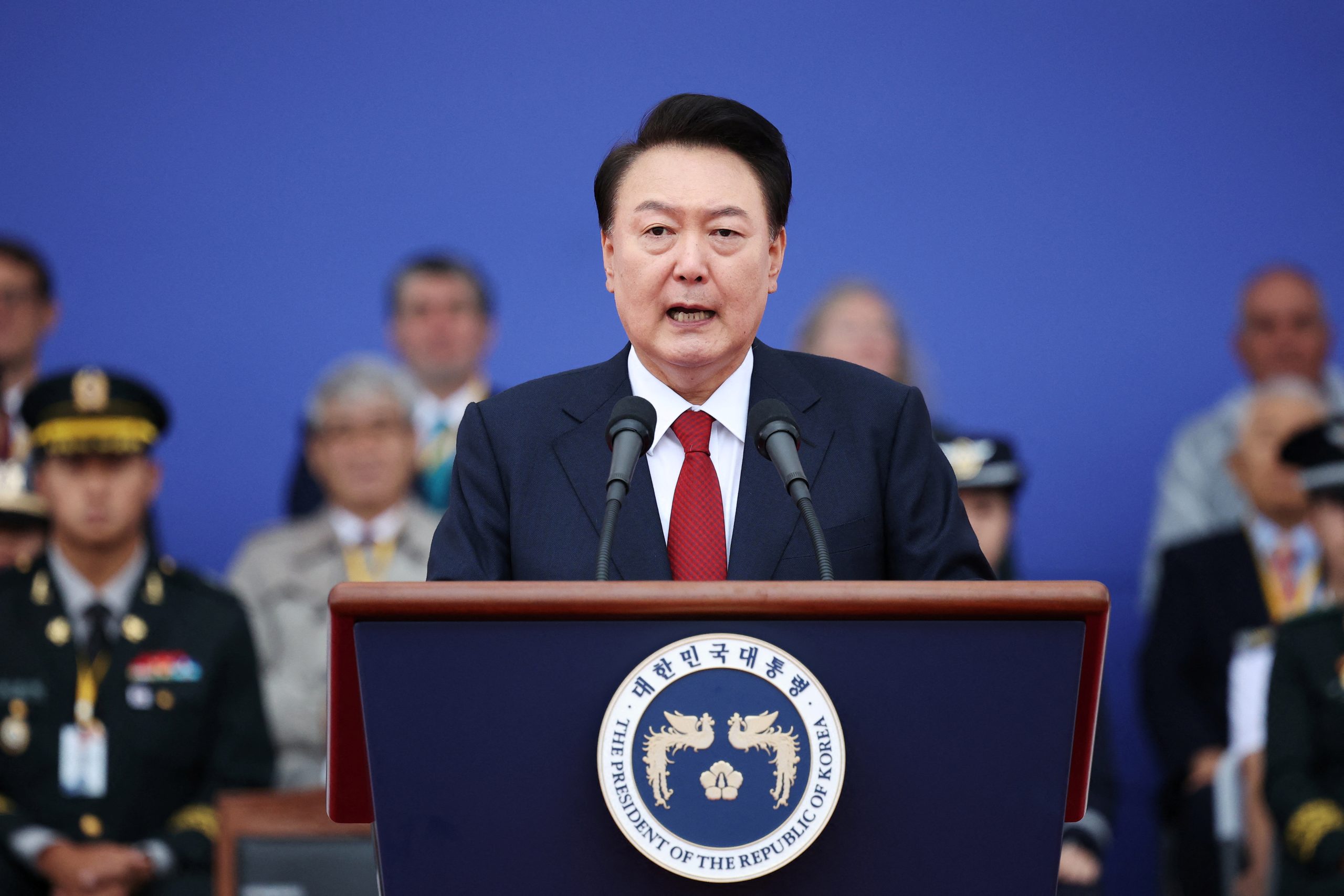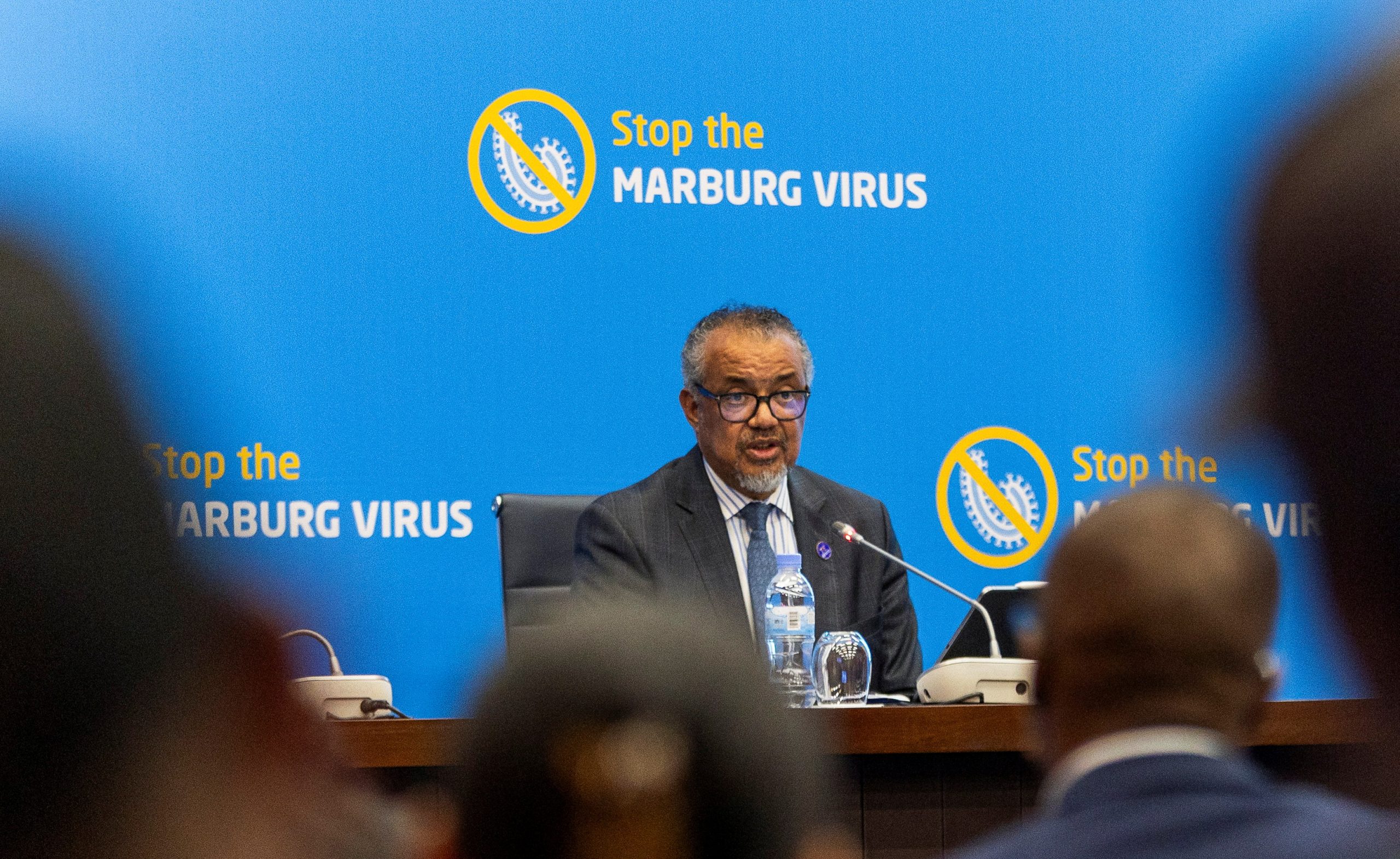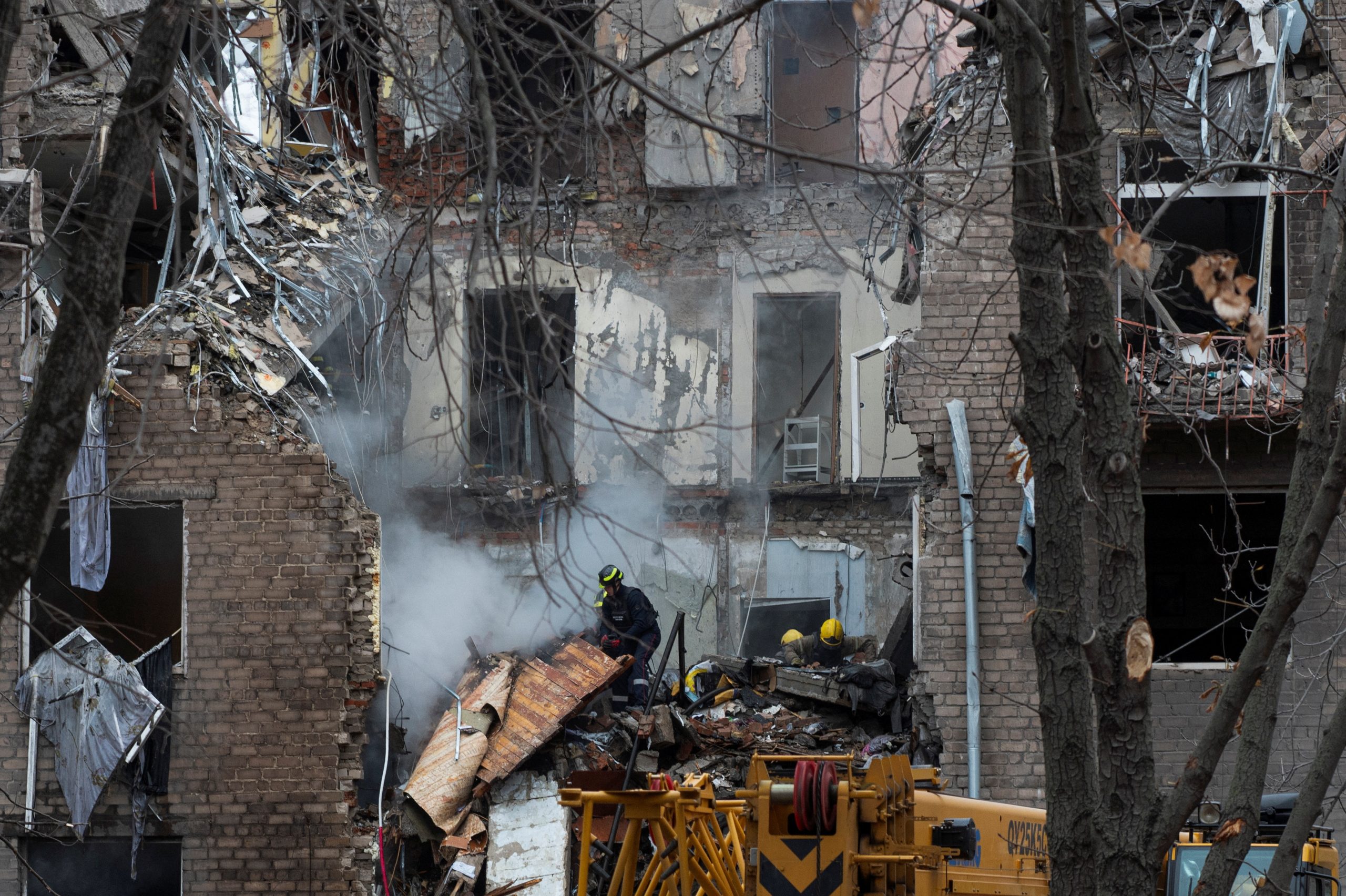In an unprecedented escalation, Israeli forces launched airstrikes on Hezbollah targets in Baalbek, Lebanon’s largest eastern city, just hours after issuing an urgent evacuation order for all residents. The strikes come amid deepening hostilities between Israel and Hezbollah, with civilians caught in the crossfire as tensions surge in the volatile Bekaa Valley region.
According to Lebanese state media, Israeli warplanes conducted a “series of strikes on the Asira area of Baalbek” and the surrounding region. Baalbek’s mayor confirmed that parts of the city, home to nearly 80,000 people before the recent escalation, had been hit. The city-wide evacuation order, the first of its kind in Lebanon, left residents scrambling for safety, with Israel’s military vowing to target Hezbollah strongholds while “not intending to harm civilians.”
“Leave Immediately”: Israel Warns Civilians to Flee Baalbek
Israeli Defense Forces (IDF) spokesperson Colonel Avichay Adraee issued a stern warning to Baalbek residents on Wednesday: “The IDF will act forcefully against Hezbollah assets inside your city and villages, and does not intend to harm you.” Adraee urged civilians to “evacuate your homes immediately,” marking a drastic shift in Israel’s military strategy in Lebanon.
The escalation comes just two days after a series of airstrikes reportedly killed dozens of people in and around Baalbek. As tensions with Hezbollah escalate, Israeli forces are focusing on dismantling strategic Hezbollah sites within Lebanese urban centers. The strikes appear to be part of a broader Israeli strategy to weaken Hezbollah’s operational base in Lebanon, which analysts say is vital to the group’s military capabilities in the region.
A New Leader, Same War Plan: Hezbollah’s Response to Nasrallah’s Assassination
The airstrikes also coincide with the first public address by Hezbollah’s new leader, Naim Qassem, who has vowed to stay the course of his predecessor, Hassan Nasrallah, assassinated last month in an Israeli strike. Qassem, widely considered a staunch ally of Iran, pledged allegiance to Hezbollah’s “war plan,” committing to “remain on the path of war” against Israel.
Qassem’s firm stance echoes the group’s long-standing position against Israel, intensifying fears of a wider conflict across the Lebanese-Israeli border. His vow to continue Nasrallah’s policies solidifies Hezbollah’s role as an active participant in the regional confrontation with Israel and signals that the recent leadership change may not alter the group’s approach to the conflict.
A Region on Edge: Escalation in the Bekaa Valley
The Bekaa Valley, where Baalbek is located, has long been a stronghold for Hezbollah, with military operations frequently staged in its rugged terrain. The region’s strategic importance to Hezbollah and proximity to the Syrian border make it a focal point of Israeli surveillance and military operations. While skirmishes and strikes have occurred in the past, a city-wide evacuation order represents a significant escalation, underscoring the gravity of the current conflict.
Lebanese civilians are now facing the brunt of the hostilities, with many families forced to leave homes and livelihoods behind in search of safety. Humanitarian groups have expressed concern about the growing number of displaced people and the potential for further civilian casualties as the conflict intensifies.
What’s Next for Lebanon?
As Israel intensifies its operations and Hezbollah remains resolute, Lebanon is bracing for further escalation that could plunge the region into deeper conflict. With Hezbollah’s leadership change and Israel’s forceful approach, the question remains: Will Lebanon become a new battleground, or can diplomatic intervention prevent a full-scale war?
Sources for this article include statements from IDF spokesperson Colonel Avichay Adraee, Lebanese state media, and Hezbollah’s new leader, Naim Qassem.
















